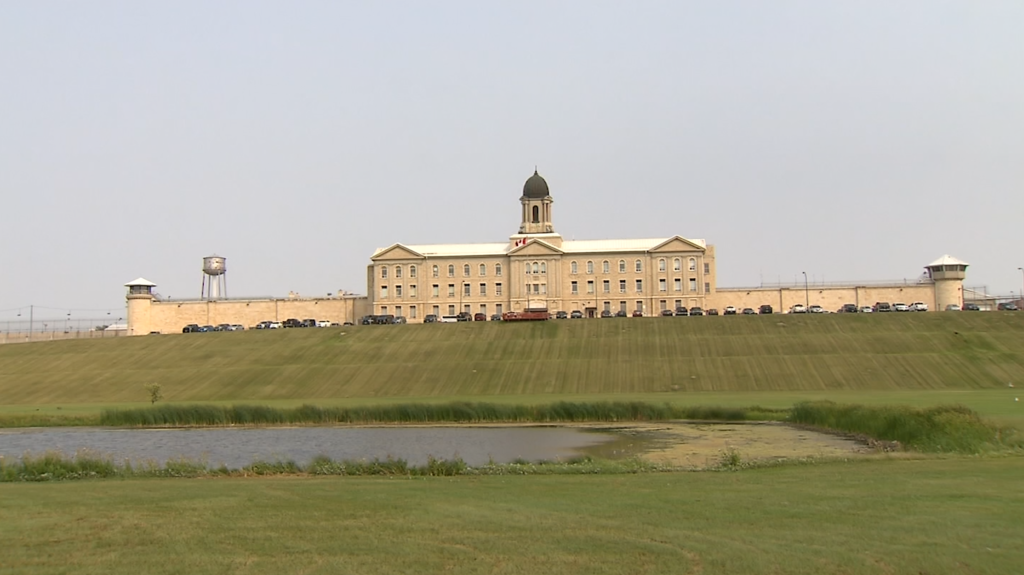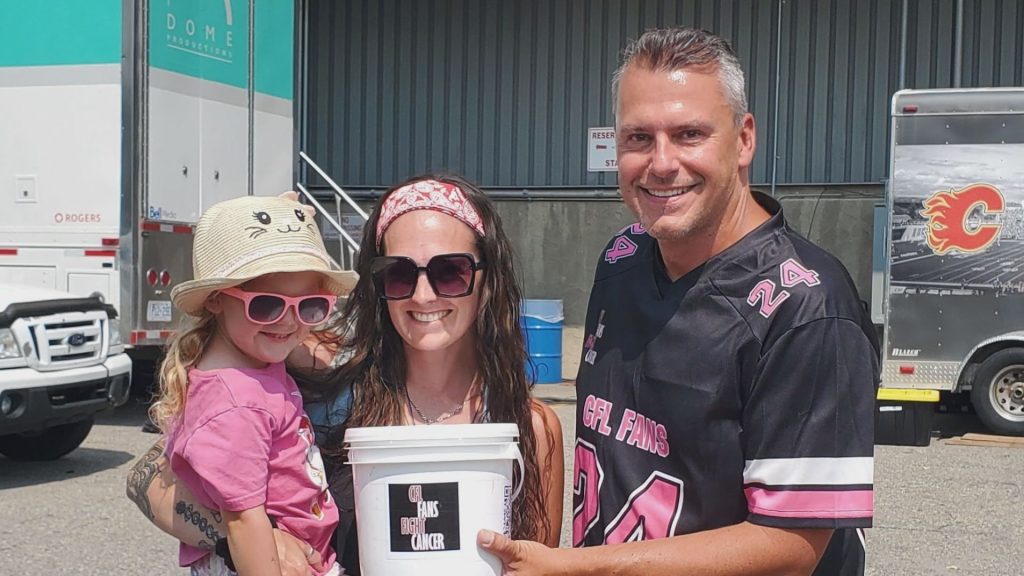How is the ubiquity of video evidence impacting the justice system?

Posted January 26, 2023 9:18 am.
In today’s Big Story podcast, if you live in a city, you should probably assume there’s at least one camera watching you at all times, and that’s not even taking into account the phones that come out the second anything interesting happens. Journalists who cover the courts now report that basically every case features video compilations that track the movements of the suspect, and the victim, prior to the crime.
Alyshah Hasham is a former crime and courts reporter, and current city hall reporter, at the Toronto Star. She joined us to talk about how ubiquitous surveillance is impacting the justice system, for better or for worse.
“[Defense lawyers] might need to hire a tech expert to look at the meta-data, and go ‘actually it looks like this video was manipulated,’ so that takes time, it takes resources, it takes money,” she said,
“If you’ve got a lawyer from legal aid who’s already not getting paid enough to do the work necessary on your case, you’ve got to wonder … if we’re properly funding the side that isn’t the state.”
On one hand, solving murders is a good thing. On the other hand is … everything that goes along with living in an age where you’re under surveillance the moment you step out your door, and where the police have many more video resources than the average defendant ever will.
You can subscribe to The Big Story podcast on Apple Podcasts, Google and Spotify.
You can also find it at thebigstorypodcast.ca.








